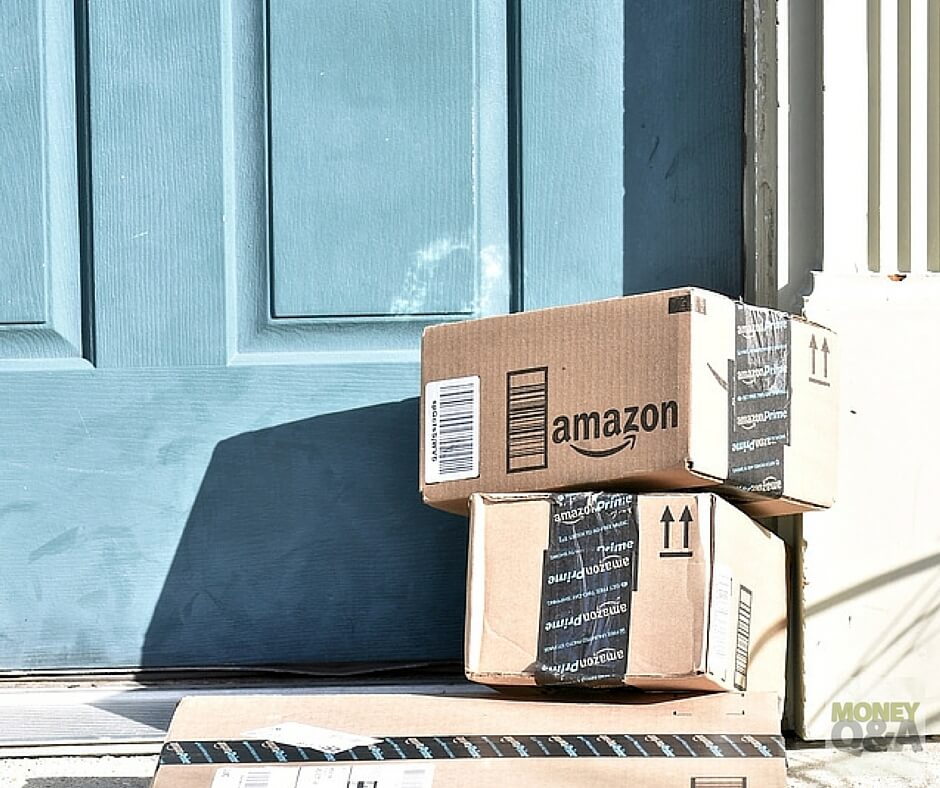A patent is a legal tool that gives the patent holder exclusive rights to their invention, for a certain period of time. Often, the patent is extremely helpful in building a business, and the entrepreneur can grow the business with the confidence that their idea cannot be stolen while they focus on expanding their market.
In some cases, a patent can the most valuable part of the company. There have been many patents over the past century that have launched massive companies. If you are thinking that you might have a great idea that might be worth patenting, take a look at these for some motivation about getting started. The patent application is notoriously difficult, but there are patent attorneys in Tampa who focus solely on bringing clients through this process.

Amazon One-Click
In 1997, Jeff Bezos was granted a patent for his One-Click feature, which most of us are all-too-familiar with. The one-click patent gave Bezos and Amazon exclusivity in the United States for the seamless checkout process that makes buying things on Amazon a little TOO easy.
The United States Patent and Trademark Office approved the patent in 1999, and Bezos has gone on to become the World’s

Lipitor
Lipitor was granted a US patent in 1993, and peaked sales for $16.5 billion in 2006. The patent expired in 2011, but between the time that Pfizer had bought the patent from the initial patent holder Warner-Lambert and it expired, they had generated over $150 billion in lifetime sales.
Square
Square patented a process and system for using a mobile phone to swipe and process card payments remotely. All of the associated patents were filed in 2010, and the Square hardware is now ubiquitous across all farmers markets, small vendor shops, and local businesses. Square INC currently boasts a $25 billion market cap.
The Super Soaker
When Lonnie Johnson first filed a patent for his Super Soaker water gun, he couldn’t have possibly realized how lucrative it would be. After first licensing his patent in 1990, the toy went on to make $200 million in the first two years, with lifetime sales at around $1 billion.
Johnson’s story is a great example of the value of licensing your patent instead of building a company around it. When an inventor chooses to partner with a major company through a licensing agreement, they are reducing their own personal expenses with marketing, production, and every other step of product distribution by using an existing channel and simply allowing the company to use their intellectual property.
Spanx
Spanx founder Sara Blakely went from selling printers door-to-door to being a self-made billionaire with her invention of Spanx. Blakely worked directly with a patent attorney before letting anyone else in on her new invention.
After she and her mother developed the prototype and did extensive testing, she involved a patent attorney to walk her through the entire process (as Blakely herself had no experience with inventing or patent application prior to the development of Spanx), and received her first patent in 2001.
Blakely and Spanx Inc now hold many patents and continue to grow rapidly, but Blakely’s story is a great inspiration to anyone who has an idea worth sharing.
